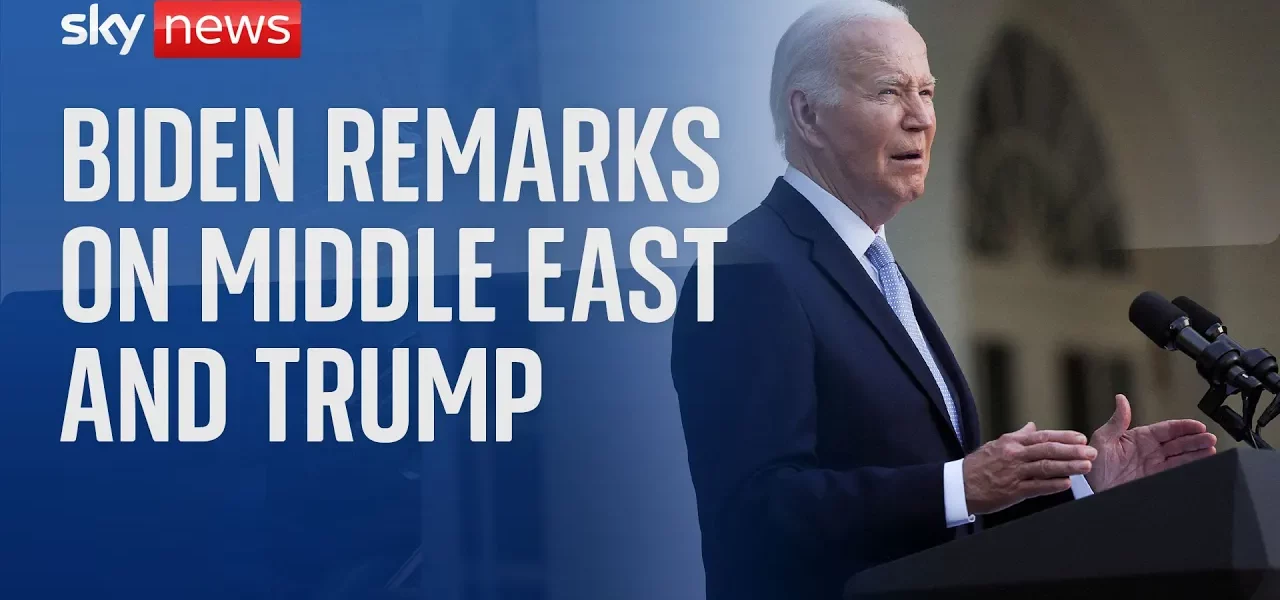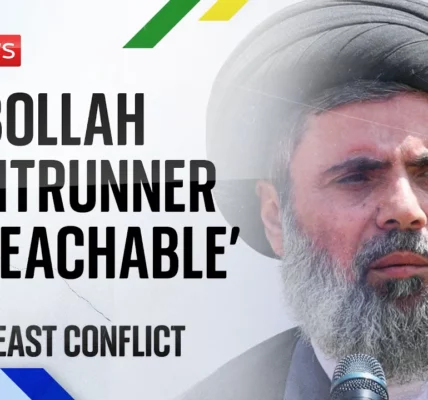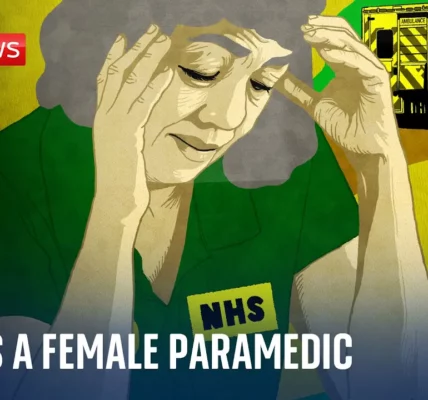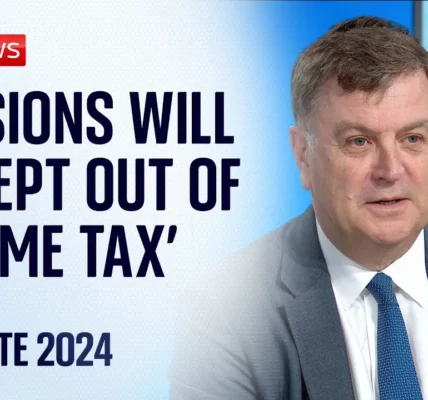Recent Developments in the American Justice System and Gaza Crisis

This article explores the recent reaffirmation of the American principle of justice as exemplified by the trial of Donald Trump, as well as the ongoing diplomatic efforts to resolve the crisis in Gaza. We delve into the implications of these events for both American society and international relations.
Introduction
In a pivotal moment for the American judicial system, the recent conviction of Donald Trump on multiple felony counts has brought to light the enduring principle that no one is above the law. This case, held in New York City, involved a jury of twelve citizens who diligently reviewed five weeks of evidence before reaching a unanimous verdict. Concurrently, efforts to address the humanitarian crisis in Gaza continue, emphasizing the need for a comprehensive ceasefire and a detailed roadmap for peace. This article aims to cover the ramifications of both situations, highlighting the intersection of justice, politics, and international relations.
The Conviction of Donald Trump
The trial of Donald Trump has reignited discussions surrounding the American judicial system. The conviction on all 34 felony counts serves as a reminder of the accountability that exists within the legal framework.
Key Aspects of the Trial
- The trial was conducted at the state level, not federal.
- A jury of twelve citizens was selected through a standard process.
- Five weeks of evidence were presented, demonstrating the thoroughness of the judicial process.
- The jury’s unanimous decision reflects the collective judgment of ordinary Americans.
Implications of the Verdict
The verdict has significant implications for American society, including:
- Reinforcement of the principle that no individual is exempt from legal scrutiny.
- Opportunities for Trump to appeal, showcasing the multifaceted nature of the justice system.
- Potential impacts on the political landscape as Trump positions himself as a “political prisoner.”
Public Reaction
The public response has been polarized, with some viewing the verdict as a triumph of justice, while others claim it undermines the integrity of the judicial system. It is crucial to respect the outcomes of a system that has endured for nearly 250 years.
Efforts to Address the Gaza Crisis
In tandem with the judicial developments, the ongoing crisis in Gaza has necessitated urgent international attention. For months, diplomatic efforts have been focused on establishing a durable ceasefire and ensuring the safe return of hostages.
Overview of the Proposed Ceasefire
The new proposal for a ceasefire is outlined in three phases, each critical to establishing a lasting peace:
- Phase One: A six-week ceasefire, withdrawal of Israeli forces, and the release of hostages.
- Phase Two: Negotiations for a permanent cessation of hostilities, ensuring the safety of both Israeli and Palestinian citizens.
- Phase Three: A comprehensive reconstruction plan for Gaza, addressing humanitarian needs and rebuilding communities.
Humanitarian Considerations
As part of the ceasefire proposal, a significant increase in humanitarian aid is planned, including:
- Delivery of 600 trucks of aid daily.
- Provision of temporary shelters for displaced Palestinians.
- Facilitated return of civilians to their homes.
Challenges Ahead
While the proposal presents a hopeful path forward, challenges remain, including:
- Differing opinions within the Israeli government regarding the ceasefire.
- The need for Hamas to genuinely commit to negotiations.
- Ensuring that humanitarian aid reaches those in need without empowering Hamas.
Conclusion
The recent developments in the American judicial system and the ongoing crisis in Gaza highlight the complexities of justice and diplomacy. As the United States navigates these intricate issues, it is essential for citizens to advocate for peace and respect for the law. The potential for a comprehensive ceasefire in Gaza represents a critical opportunity for lasting change, and it is crucial for all parties involved to engage in constructive dialogue. We must raise our voices to support peace initiatives and ensure that all efforts lead to a more secure future for both Israelis and Palestinians.
For further reading on related topics, check out our articles on the American Justice System and the Gaza Crisis.
“`




